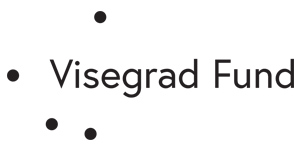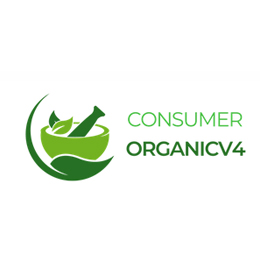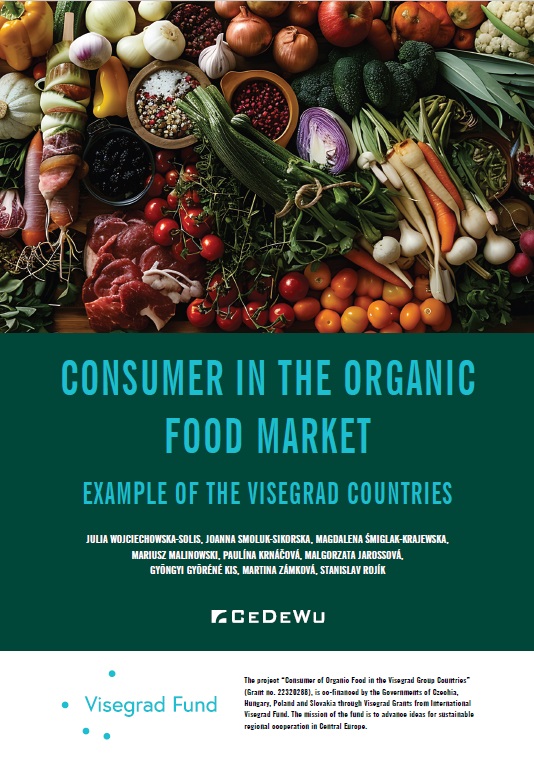

Consumer of Organic Food in the Visegrad Group Countries
The aim of the project is to identify and compare the characteristics of organic food consumers, their purchasing decisions and behaviors in the Visegrad Group regions, by combining the knowledge and experience of six research units – each of which specializes in a specific method of conducting research in organic food market and presenting the results obtained in the organic food sector – transfer knowledge gained to local and regional stakeholders.
Organic farming brings economic and social benefits, thus, it is one of the basic components of sustainable rural development, particularly in view of the UN sustainable development goals and the European Green Deal. In the V4 countries, there are favorable conditions for developing environmentally-friendly production methods due to the relatively lower degree of chemicalization of agriculture compared to Western European countries. However, high market demand for organic food is considered as the justification for supporting organic production. Therefore, it is necessary to recognize and monitor consumer perceptions and attitudes toward organic food, their purchasing decisions, behaviours and obstacles to buying organic food, especially after the COVID-19 pandemic and in the face of the crisis caused by the war in Ukraine. The organic food market operates in the countries of the Visegrad group in relatively comparable economic and social conditions, therefore it will be important to indicate the similarities and differences in this sphere, which can be used to develop recommendations. Thus, it is essential to research the consumption to indicate instruments and solutions that would stimulate the demand for organic food and what follows that, the development of organic food supporting the protection of the natural environment. It is important to make consumers, especially young consumers who are entering the market and are influenced in their purchasing decisions, aware of the advantages of consuming organic food and the environmental impact of their consumption decisions.
Implementation period:
1 October 2023 – 30 April 2025
Project Coordinator:
Julia Wojciechowska-Solis, PhD
As part of the project, research will be conducted among consumers of the V4 group of countries. The consortium of six research units will contribute to the transfer of knowledge and competences of scientists by establishing cooperation. It will create further opportunities for research practices development and will contribute to strengthening the bonds between the entities participating in the project. Particular emphasis is placed on transferring the knowledge acquired during the research to the stakeholders.
Project activities will include:
- joint scientific research illustrating consumer behavior on the V4 organic food market;
- exchange of research results conducted in individual V4 countries;
- dissemination of knowledge by conducting lectures/workshops among regional stakeholders in each V4 country, highlighting the team’s research issues;
- publishing the results in the form of monographs and scientific articles available in Open Access;
- involvement of regional stakeholders (e.g. farmers, organic food producers) in cooperation with the academic community in the application of good practices.
The project will provide support to the regional organic food sector by collecting, sharing and presenting the results obtained in the course of research, answering questions related to consumer behavior on the market of organic products, their purchasing decisions.
Project Partners:

University of Life Sciences in Lublin (Poland) - LIDER

Poznań University of Life Sciences (Poland)

College of Polytechnics Jihlava (Czech Republic)

Czech University of Life Sciences in Prague (Czech Republic)

University of Economics in Bratislava (Slovakia)

Research Institute of Organic Agriculture (Hungary)
Project Coordinator: Julia Wojciechowska-Solis, PhD
Sub-department of Agrotourism and Rural Development, Faculty of
Agrobioengineering
E-mail: julia.wojciechowska@up.lublin.pl
Phone no. +48 81 445 60 10
International Projects Office
Phone no. (+48) 81 445 62 36
University of Life Sciences in Lubin
ul. Akademicka 13, 20-950 Lublin, Poland
University of Life Sciences in Lublin
13 Akademicka Street, 20-950 Lublin
VATIN 712 010 37 75
REGON no. 000001896
ePUAP: /UP-Lublin/SkrytkaESP



